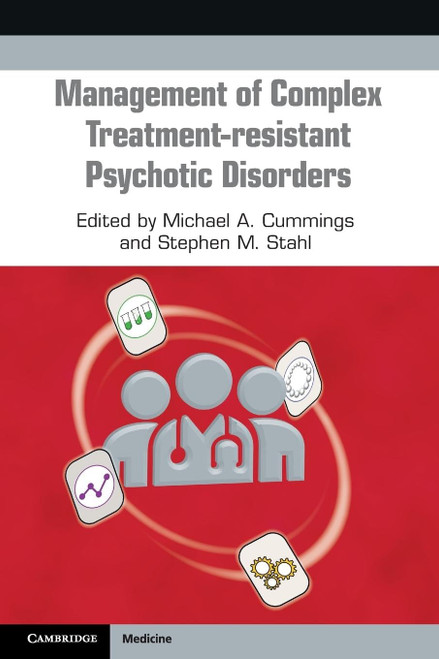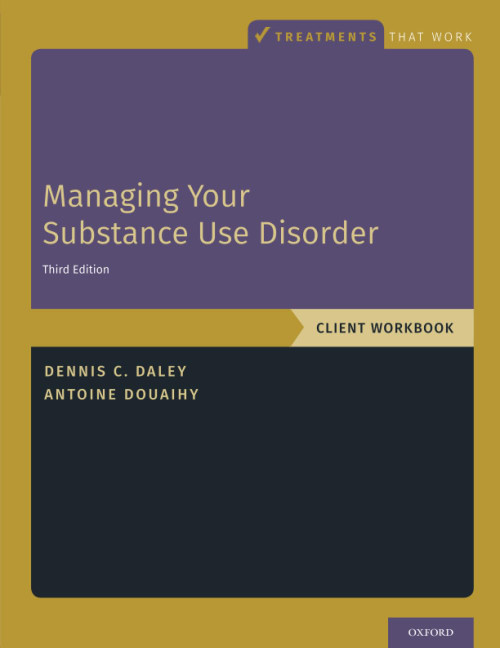The second edition of Auditory Processing Disorders, which includes several new chapters, details the history, definition, behaviors, and co-morbidity of auditory processing disorders before educating the reader on the most current practices for audiological and speech-language assessment of APD, including its impact on literacy and language processing. Practical rehabilitation and management strategies are covered in detail. This book a highly practical book designed specifically for practicing clinicians, both audiologists and speech-language pathologists. The book includes authors that read like a Who's Who in the discipline of auditory processing disorders (APD).
- New to this edition:
- New chapter by Frank Musiek, Gail Chermak, Teri Bellis and Jeff Weihling on the philosophical and conceptual existence of APD, defying the myth.
- New chapter on Computer-Based Training Methods for Age-Related APD: Past, Present, and Future by Harry Levitt, Chris Oden, Helen Simon, Carla Noack and Al Lotze
- New information from Nina Kraus and associates from the Northwestern Brain Volts lab on the value of using cABR in the diagnosis and measurement of APD in children
- A chapter on the effectiveness of musical training to alter that brain's engagement with sound.
- New chapter by Bunnie Schuler on the use of apps in hand-held devices for treatment.
- New chapter on case law from one of the nation's leading attorneys in special education, Gary Mayerson.
- Updated information on the use of computer-based software programs from Larry Metwedsky.
- New chapter by Leah Light on APD as a Model of a Functional Disconnection Syndrome.
- Three new appendices: Tips for Parents, Tips for Teachers, and a Study Questions Answer Key











